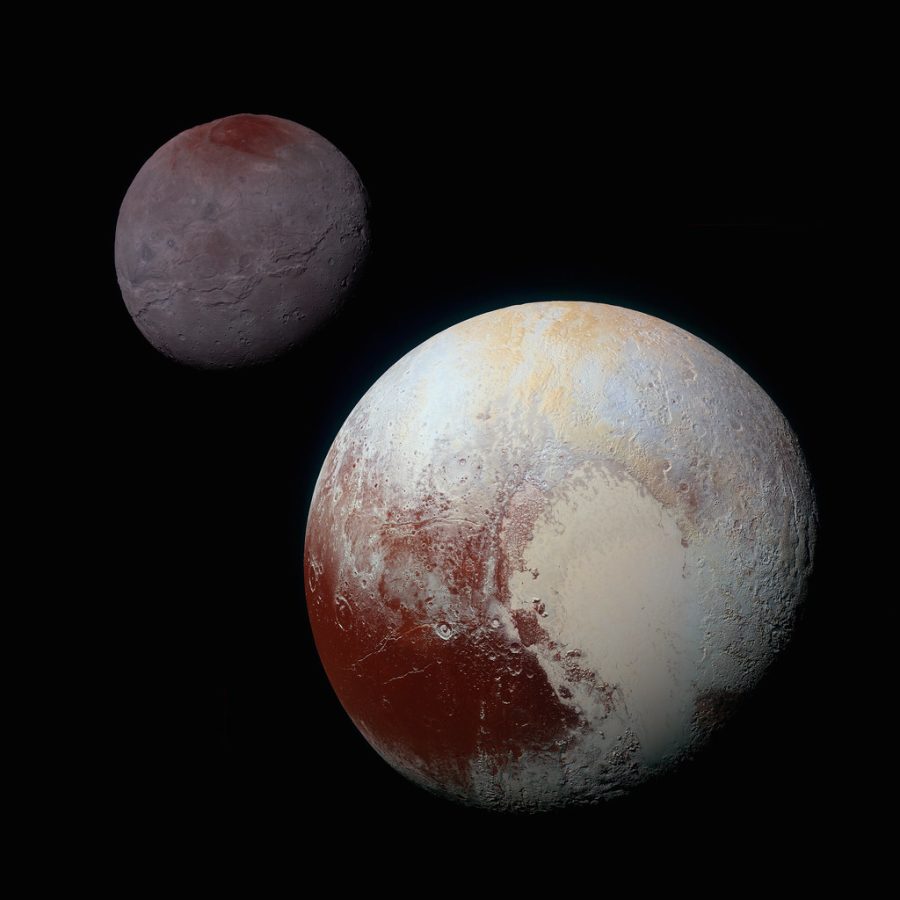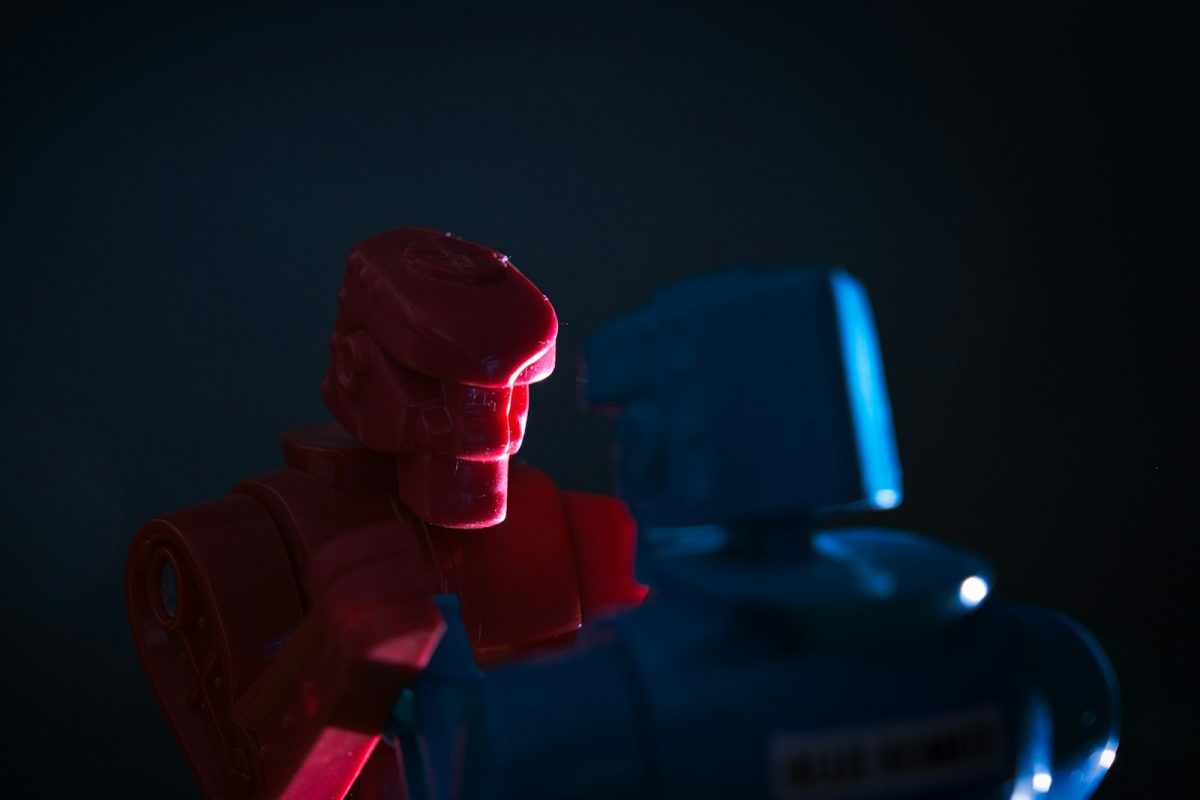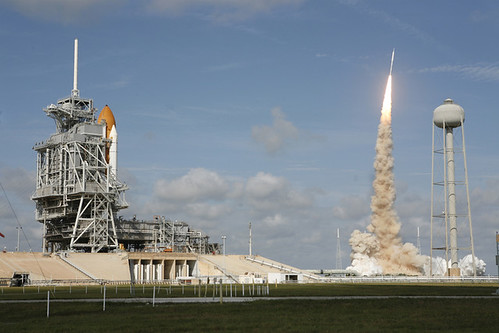Why Pluto Isn’t Considered A Planet
The Facts and Opinions on Pluto
The ex-planet priorly known as Pluto was discovered on February 18th, 1930, by the astronomer Clyde W. Tombaugh at the Lowell Observatory in Flagstaff, Arizona. After it was discovered, astronomers questioned if it should be a planet or not. But for over 76 years, it remained as the ninth planet. People didn’t care about how small it was or about its oval-shaped orbit. So it would be normal to assume that commotion had started after the IAU (the organization that names astronomical objects) declared Pluto a dwarf planet instead.
A “dwarf planet” defined by the IAU is a celestial body that is big enough for gravitational forces to control its shape but has not cleared its nearby space of other objects. (This means that other objects in the planet’s vicinity are of similar size or larger than the planet itself.) The criteria for a full-sized planet are to have a mass to assume a round shape (hydrostatic equilibrium), be in orbit around its star and have cleared all the objects around itself. Pluto only meets two of these criteria, making it a dwarf planet.
Some scientists say that Pluto should be considered a planet on the opposing side. Under the definition used in the 16th century, a planet is “any geologically active body in space.” This definition would apply to Pluto and asteroids like Ceres and moons such as Europa and Titan. Researchers in the journal Icarus claim that the IAU’s definition was based on astrology and folklore, not science.
Jim Bell, a planetary scientist at Arizona State University in Tempe, argues that planets should not have to clean debris from their orbit. An object’s ability to cast out debris doesn’t depend on just the body and says that everything with fascinating geology should be considered a planet; that way, “it doesn’t matter where you are, it matters what you are.”
So, the debate continues. Even though it is most commonly known as a dwarf planet, there is no definite answer on if Pluto should be a planet or not; and there probably won’t be for a long time.
RELATED STORIES:
https://www.loc.gov/everyday-mysteries/item/why-is-pluto-no-longer-a-planet/#:~:text=Answer,neighboring%20region%20of%20other%20objects.%E2%80%9D
https://www.nbcnews.com/science/space/pluto-planet-debate-rages-rcna8848
https://www.nationalgeographic.com/science/article/dwarf-planets-pluto-ceres
http://sciencenewsforstudents.org/article/pluto-dwarf-planet-definition-iau-astronomy
TAKE ACTION:
- The group that decided Pluto was not a planet was the International Astronomical Union, https://www.iau.org/















